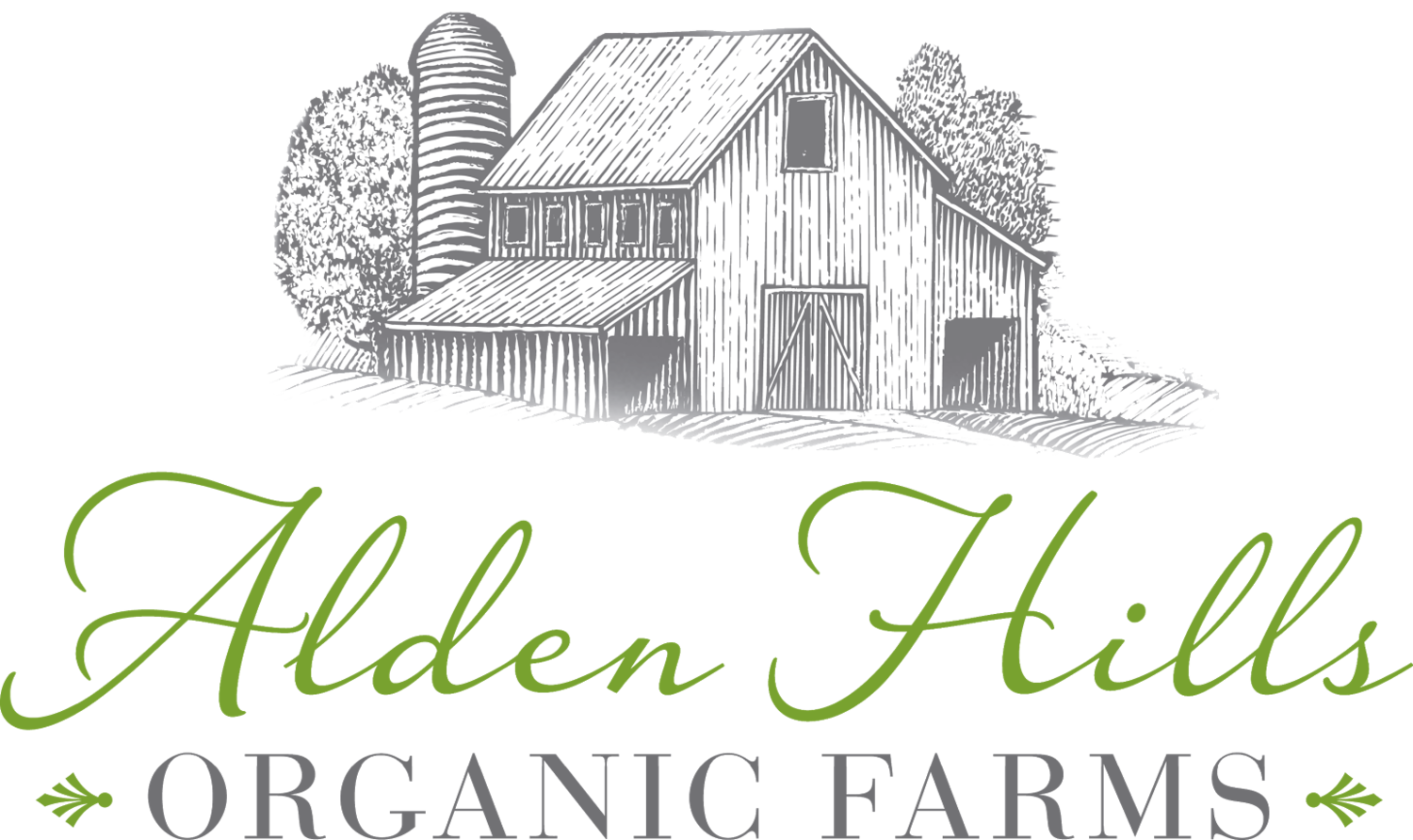Difficult Weather
Is spring here? Don’t ask me because I don’t know!
This has been some extremely warm and dry weather for February… it’s touched 50 degrees a few times and I’m starting to wonder if the grass is going to start growing. One of the largest challenges as farmers is dealing with the weather… it's always changing and we’re always keeping an eye out for what’s happening. I can’t tell you how many times we’ve had to rush back to roll up the sides on chicken coops because a freak thunderstorm pops up or we just cut a hay field and it starts raining. Weather unpredictability is really part of the farming game!
This winter the weather has been a challenge for us in its own way though.
One thing that we’ve been doing more of lately is the concept of “winter grazing” or “stockpile grazing”. We keep cattle on the farm year-round, and since we are 100% grass-fed and grass-finished, this means that we need to have a food source for them in the winter months when the pastures are dormant. The normal way to do this is that we cut and bale hay in the summer months to feed out during the winter. A different strategy is to leave certain pastures un-grazed at the end of the summer with the goal of bringing the cattle back into those sections instead of feeding out hay bales.
The challenge this winter has been that the ground hasn’t actually frozen yet (or even is frozen at all right now). Winter grazing really requires the ground to be frozen so that the cattle don’t do damage to the pastures. We had planned to graze quite a bit of acreage with stockpiled forages, but we haven’t really been able to get to hardly any of it this winter. Luckily, we have a good supply of hay bales to feed instead, but it does hurt to be feeding hay right now when we SHOULD be feeding them leftover grass in the pastures.
The reason that regenerative farming is so difficult is because we do have to adjust to things out of our control like weather.
If we kept our cows in a barn and fed grain, then the weather really wouldn’t bother us much, but we don’t, so it does. Even with the extra work working around the weather, we think this is the best way to farm.
